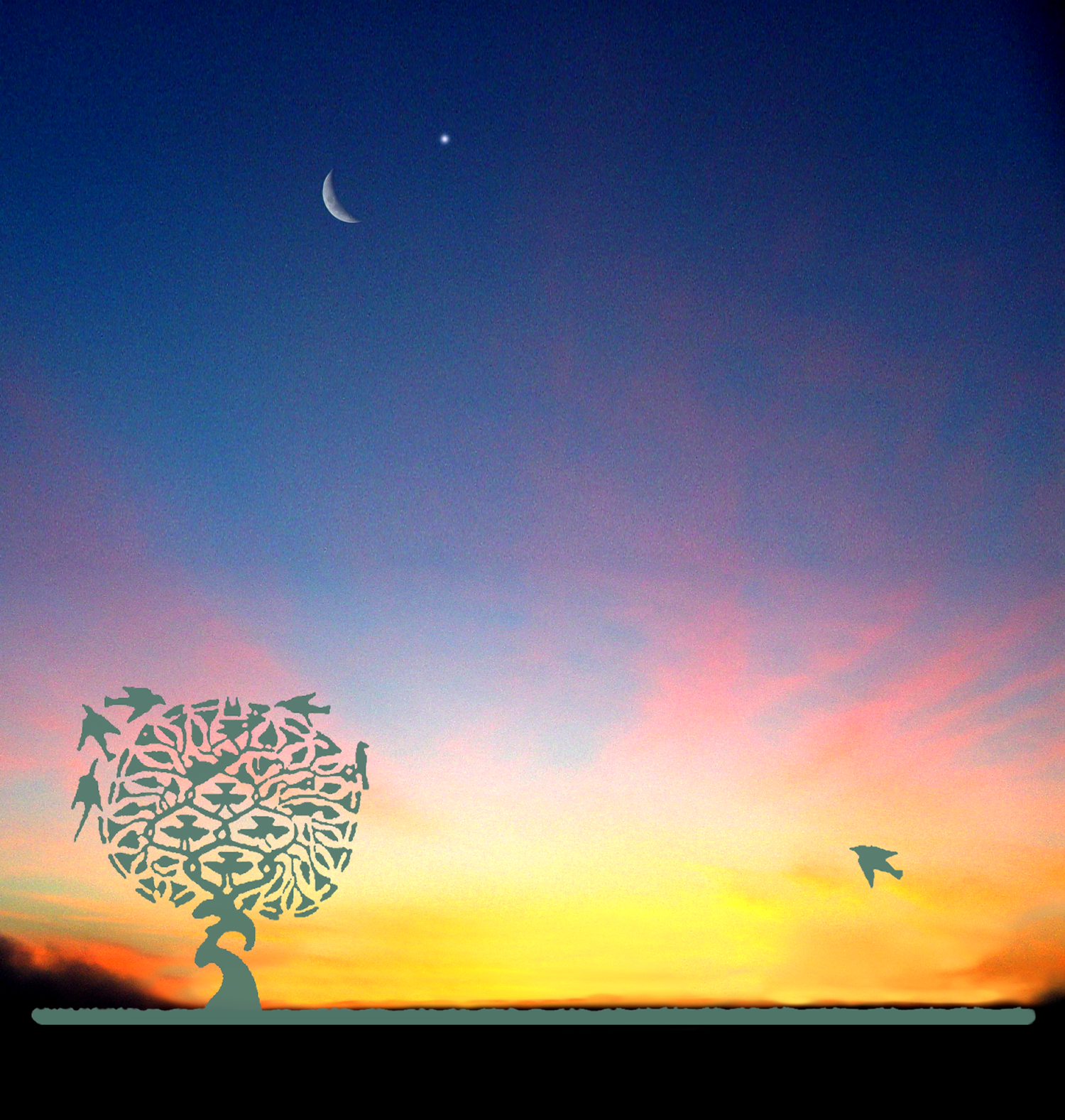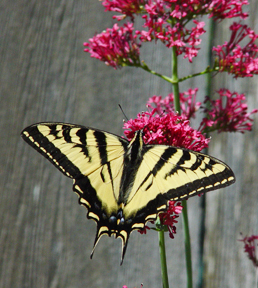I have built my entire work on questions, not answers. There is quest in question. Quest for truth or humanity, for what makes them eternal or for what is eternal in them.
It is essential to reject easy answers. They are always the wrong answers. Can questions be wrong? Only when they bring humiliation to the person who asks or who is being asked.
Questions do not change, answers do. At times, they change more than once in a generation. What links human beings to one another is their ability to question their destiny even though they know, they must know, that the answer itself will be recalled into question.
"Why are we here?" is surely the most important question human beings must face, whatever their origin, whatever their belief. Our obligation is to confer meaning to life and, in so doing, overcome temptations of passivity and indifference. A person who chooses indifference is dead without knowing it. In his or her case, life has no meaning, nor does death.
And yet, for those who believe in sharing experiences, life does have meaning in spite of the meaningless death some of us may have witnessed. Those who share teach us that one must make every minute rich and enriching, not for oneself but for someone else, thereby creating living links between individuals and groups.
Ultimately, life is a gift and meaning is its reward. So is the art and ability of asking questions. The meaning of life is to be found in the question that becomes encounter. Then every moment becomes a moment of grace.
Elie Wiesel,
writer, philosopher and Nobel Peace Prize recipient, has been called the spiritual archivist of the Holocaust
. . . . . . . . . . . . . . .
The meaning of life is shy and retiring; it must be coaxed and teased out of hiding. Confronted with the question "Who are you?" it flees. We catch up with it only between the cracks and crevices of literacy – beyond writing, reading and even talking – in true silence, where love and surprise like to pal around.
In true friendship, the meaning of life gets enfleshed. For even when true friends part, a miraculous presence persists, like a shadow, more substantial and consequential than either friend, more palpable than any joint activity or product of that friendship.
At those moments, the meaning of life breaks in upon us with insistence, making us realize that we can never really be separated from someone we love so long as we carry with us always, as if in a little sack, that other person's heart.
Toting that sacculum cordis, we learn to walk to the other's beat. We discover this truth, not in community but in seclusion, not in the busyness of the marketplace but in silent contemplation. It is a silence that permits us to fashion a faith that can eliminate doubt, and a hope that can overwhelm even the deepest despair.
But the best comes last. For faith and hope lead to the third and most thrilling virtue: unconditional love. It encourages us to risk it all with our whole hearts open. It teaches us, as my friend Ivan Illich says, "to hope for surprises until the final act of life — that is to say, in death itself."
Barry Sanders
is a professor of English and the history of ideas
From More Reflections on The Meaning of Life, created by David Friend and the Editors of LIFE magazine; printed in the USA, 1992

